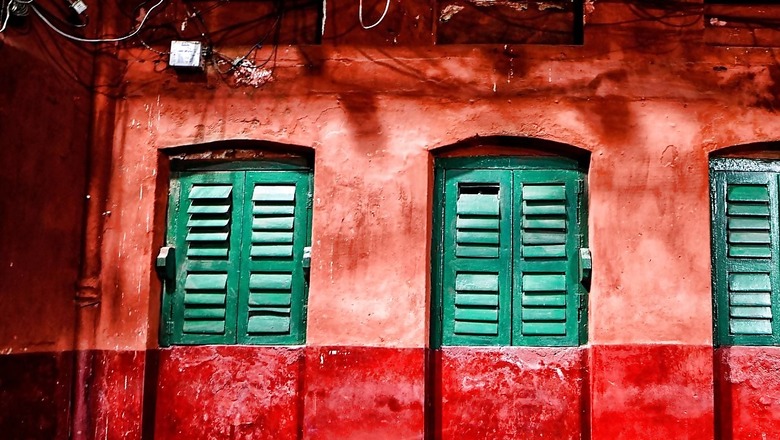
views
If you have been tossing and turning all night counting sheep in an (unsuccessful) attempt to get some sleep, you are not alone.
On World Sleep Day, March 17, a survey has revealed that on an aggregate basis, 55 per cent Indians surveyed are getting less than six hours of uninterrupted sleep daily. This duration has been further worsened by Covid-19 as 28 per cent of the Indians surveyed said their sleep quality has deteriorated post the pandemic.
The survey titled ‘How India Sleeps’ was conducted by LocalCircles which has been receiving citizen inputs on sleep, especially in the context of Covid-19, since 2020. With many citizens reporting sleep disruption post their infection, LocalCircles — for the first time — in 2022 carried out a nationwide study to understand how Indians are sleeping post the pandemic.
To understand if some of those sleep disruptions induced by Covid-19 were temporary or permanent in nature and to find out how Indians are sleeping post three years of the pandemic, LocalCircles conducted a national study on “How India Sleeps”. The study received over 39,000 responses from citizens located in 309 districts of India.
Watching the Hours Go By
The survey asked respondents about the average uninterrupted sleep they had been getting over the past 12 months. To this, 55 per cent respondents said they could get less than six hours of uninterrupted sleep daily.
Of the 13,438 who responded to the query, 43 per cent indicated 6-8 hours; 34 per cent indicated 4-6 hours; 21 per cent indicated 4 hours and just 2 per cent said 8-10 hours. On an aggregate basis, 55 per cent of Indians surveyed are getting less than six hours of uninterrupted sleep daily.
In comparison to LocalCircle’s survey of 2022, there is an increase of 5 per cent in the number of people who were not getting good quality sleep.
Further, 61 per cent of those surveyed said “the need to use the washroom once or more during sleep time” drove their sleep interruptions. Apart from these, 27 per cent indicated “going late to bed and scheduled/ household activity in the early morning hours”; 24 per cent attributed their sleep interruption to “other factors like mosquitoes, external sounds”; 20 per cent shared that they “have a medical condition like sleep apnea and others that don’t allow me to sleep straight for 8 hours”; 12 per cent indicated children and parents related interruption”; 14 per cent admitted that they have “mobile calls and messages related interruption”; 10 per cent admitted that it was due to “uncomfortable bed/ mattress”; 10 per cent indicated having other interruptions in their sleep; and 14 per cent said they are not able to “sleep for 8 hours straight” for no specific reason.
Pandemic Woes
Covid-19 emerged as one of the biggest villains in people’s sleep cycles, with 28 per cent of those surveyed admitting that their sleep pattern “has deteriorated” post the pandemic.
New studies have now emerged that even after months or even a year after recovery from Covid-19, people might continue to face difficulty in getting a sound sleep, no matter if they had a mild, moderate or severe infection which may explain some of the sleep-related disruptions, especially around sleep apnea and unknown factors.
When asked how the quality of sleep has changed post the pandemic, 59 per cent stated that there has been no change as it “is same as pre-pandemic”, 7 per cent indicated it has in fact “improved” possibly due to “work from home” schedule having improved the work-life balance. However, 28 per cent of those surveyed admitted that their sleep pattern “has deteriorated” post the pandemic.
The survey concluded that more research was needed on what could be done for those who had lost their sleep post their Covid-19 infection.
“There is a close bi-directional relationship between poor sleep and mental health. Poor sleep can make feelings of depression, anxiety and stress worse and good sleep can help to improve such conditions. The key here is for citizens and families to understand how much sleep is essential and the ill-effects of not getting enough hours of sleep on a consistent basis,” it said.
It also put the onus on the medical community to create awareness about good sleep as well as document what they hear from patients about post-Covid-19 sleep disruptions.
Read all the Latest India News here
















Comments
0 comment